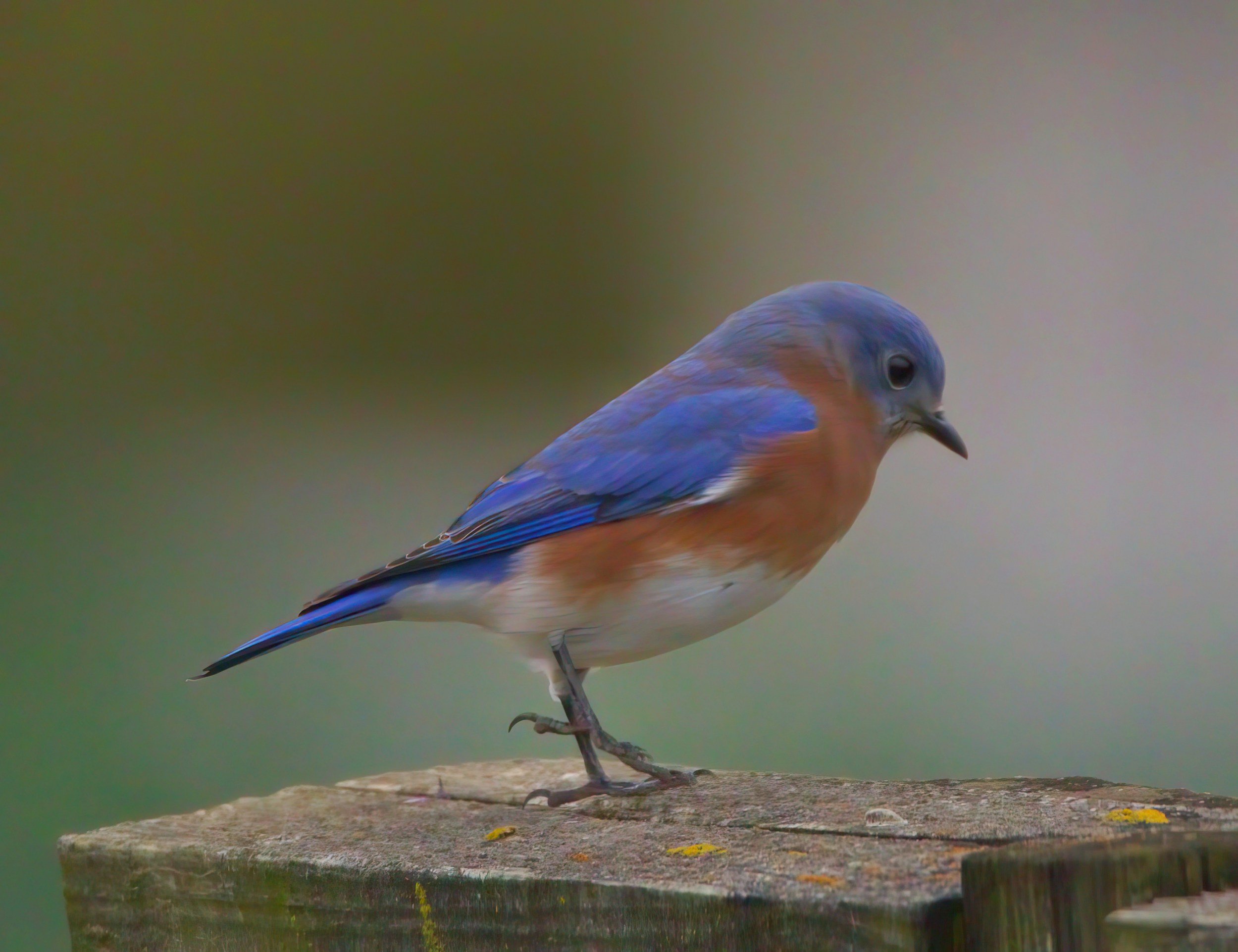Make an
impact today
Support our mission by contributing a donation.

Why give?
Beauty can rebloom
A review of published Cypripedium (lady’s-slipper orchid) translocations found ~66% first-year survival on average, showing that carefully moved plants can establish. Your gift helps turn careful propagation into living, growing colonies.
Restoration can rebuild
In field restorations where dense shrubs were opened with mowing, transplanted adult flytraps had high survivorship and higher flowering than reference sites, and new seedlings persisted into the second season. Donations help prepare sites and outplant ethically propagated plants.
Survival converges
A 2024 U.S. Fish & Wildlife Service review found that for many species, post-release survival of rehabilitated birds becomes comparable to wild birds after ~2 months, and multiple studies document breeding after release. Your contribution buys food, meds, and specialist care.
Proof songs can thrive after release
In a reintroduction project, 57% of released adult Eastern Bluebirds established territories and successfully nested—a hopeful benchmark for songbird releases. Your support translates to birds that make it—and even nest.
Blue Ridge Biodiversity Conservancy is organized as a North Carolina nonprofit and has submitted an application to the IRS for recognition as a tax-exempt organization under Section 501(c)(3). Until the IRS approves our application, contributions are not tax-deductible. If our application is approved, donations may become tax-deductible to the extent allowed by law, potentially retroactive to our formation date. Please consult your tax advisor. EIN: 39-4749069
FAQs
-
Not yet. We’re a fledgling nonprofit building facilities and securing required permits/certifications. We’ll post updates and an opening date on this page.
-
Keep it warm, dark, and quiet. Please do not feed or give water. If you have found an orphaned or injured songbird, please follow this guide.
-
Not during our start-up phase. Wildlife facilities limit visitors to reduce stress and disease risk. We’ll share occasional open-house dates once we’re authorized.
-
We follow peer-reviewed science and professional standards, document outcomes, and continuously improve our methods. For birds, that means vet-guided rehabilitation protocols and release criteria. For plants, it means ethical, disease-free propagation and habitat-appropriate conservation methods—always measured, always improving.



